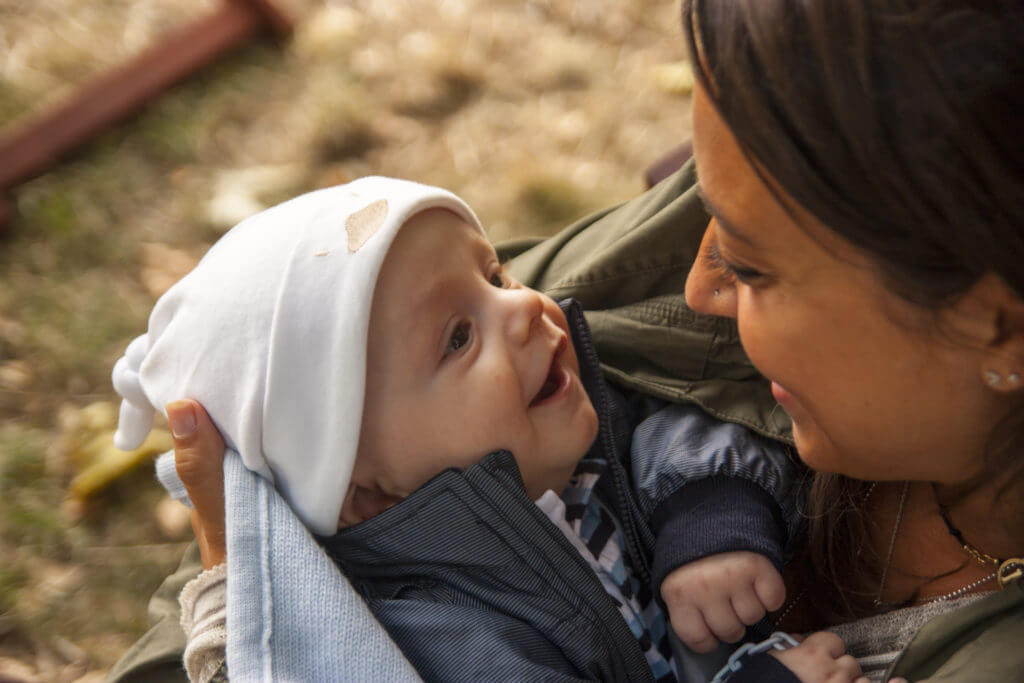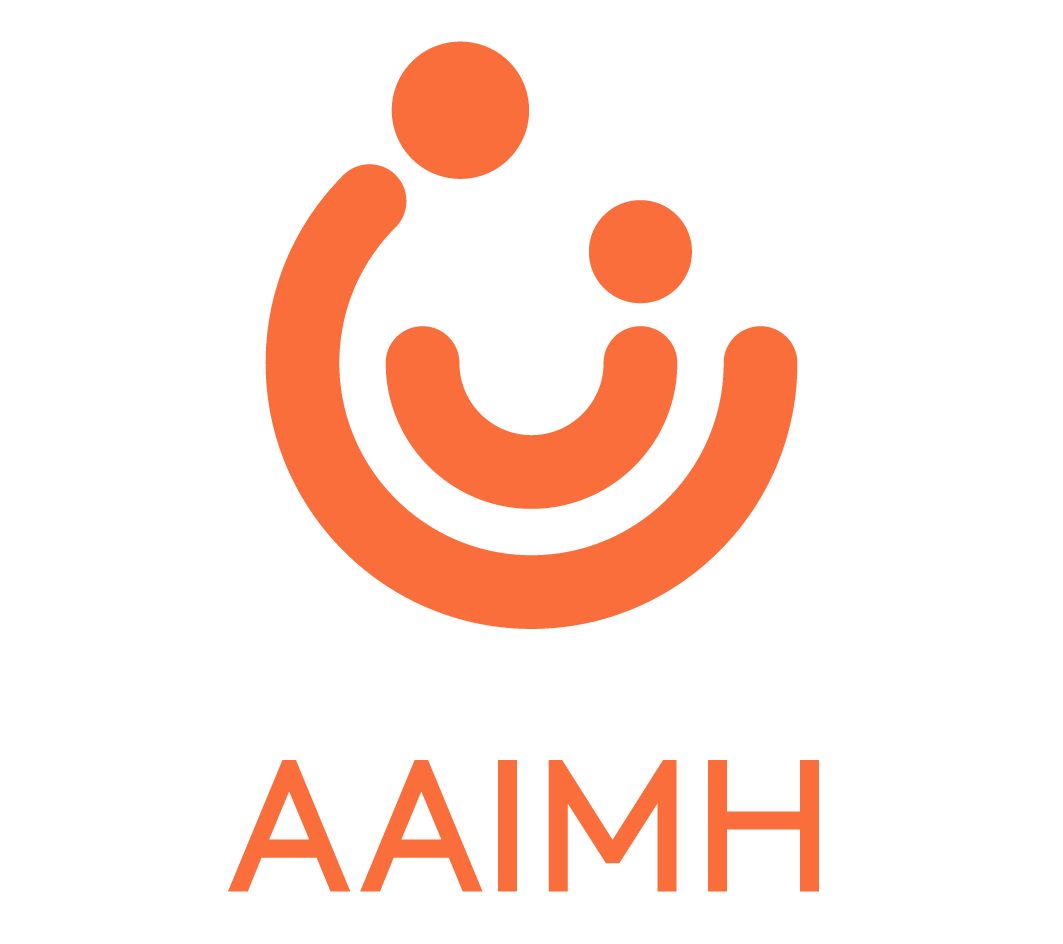Reflective Supervision And List Of Providers
The primary focus of reflective supervision is "the shared exploration
of the emotional content of infant and family work as expressed in relationships between parents and infants,
parents and practitioners, and supervisors and practitioners".
(Weatherston and Barron,2009, p.631)

Being reflective in your work means:
- examining your own thoughts in relation to the children and families you work with
- being self-aware
- remaining curious and open, and
- consulting with peers and supervisors to understand your own capacities and needs as well as those of the families you work with.
Reflection is a core area of competency when working in the infant and family field.
Reflective supervision supports and guides this reflective process. It is a key requirement for AAIMH WA Endorsement® in the categories of Infant Family Practitioner, Infant Mental Health Practitioner or Infant Mental Health Mentor.
Reflective supervision
Reflective supervision is often referred to as 'reflective supervision or consultation' (RS/C). It provides a place for practitioners to
reflect on their work and on the relationships associated with it.
Reflective supervision is different from traditional supervision. Traditional supervision is often instructional,
directive and prescriptive and where the supervisee can feel more of a passive participant.
Reflective supervision also differs from clinical supervision in three key ways:
- attention to all relevant relationships, including between the practitioner and caregiver, caregiver and infant/young child, and practitioner and supervisor
- attention to the emotional content of the work, and how reactions to the content affect working with the infant and caregiver
- emphasis on the supervisor's ability to listen and wait, allowing the supervisee to discover solutions on his/her own, without interruptions from the supervisor.
The ultimate aim of reflective supervision is to facilitate the ongoing development of the practitioner's reflective process. Research and
evidence suggest that access to reflective supervision leads to higher quality services to infants, young children and their families2.
1. Weatherston, D. & Barron, C. (2009). What does a reflective supervisory relationship look like? in S. Heller & L. Gilkerson (Eds.), A practical guide to reflective supervision. Washington, D.C.: Zero to Three Press.
Providers of reflective supervision for AAIMH WA Endorsement®
To meet the requirements, reflective supervision needs to be provided by professionals who have obtained IMH-E® or have been authorised ('vetted') by AAIMH WA. Click below to access the current list of providers.
This list is updated as more professionals meet the AAIMH WA Endorsement® criteria.
If you currently provide reflective supervision, and are interested in being authorised to provide IMH
supervision to meet the requirements of AAIMH WA Endorsement®, please read the information below and contact
endorsementwa@aaimh.org.au
Reflective supervision while we are
introducing Endorsement
As we begin the Endorsement process in Western Australia, there are few professionals who have obtained IMH Endorsement and can provide RS/C for those who want to apply for AAIMH WA Endorsement®.
While we are building WA's IMH Endorsement network of professionals, we are temporarily accepting applications from members whose reflective supervisors have not yet been endorsed but are 'vetted' (authorised) as RS/C providers.
'Vetting' can happen in two ways:
- An applicant applies for Endorsement and lists their supervision as part of their portfolio. The Endorsement Coordinator will then contact the supervisor to schedule an interview, and email a copy of the 'AAIMH WA Best Practice for Reflective Supervision/Consultation' document and interview questions to the supervisor.
OR
- A supervisor can contact the Endorsement Coordinator, ask to be authorised and submit a resume. The Endorsement Coordinator will schedule an interview, and email a copy of the 'Best Practice for Reflective Supervision/Consultation' document and interview questions to the supervisor.
Supervisors/consultants must demonstrate minimum educational and work experience required to meet the AAIMH WA Endorsement® standards in the approved category (see table in Categories of Endorsement). Vetting will be valid for up to five years.
RS/C hours provided by qualified supervisors vetted by AAIMH WA can be used in an application toward Endorsement.
What about peer reflective supervision?
Peer supervision is defined as 'colleagues meeting together without an
identified supervisor to guide the reflective process'.
While valuable for many experienced practitioners, peer supervision does not meet the reflective supervision criteria for AAIMH WA
Endorsement®.
If you have questions about reflective supervision requirements or need assistance with your application, contact the Endorsement
Coordinator at endorsementwa@aaimh.org.au
Learn more
-
AAIMH WA Reflective
Supervision/Consultation Best Practice Guidelines
-
Guidelines for Beginning
and Maintaining a Reflective Supervision/Consultation Relationship via Distance Technology (Alliance for the Advancement of Infant Mental
Health - 2020)
-
Reflective
Supervision with groups via virtual technology; what is best practice (Zero to Three)
-
Articles about Reflective Supervision
-
Reflective supervision 'wheel'
: visual representation of the reflective supervision components
- Uncovering the layers of reflective practice (Australian Children's Education & Care Quality Authority - ACECQA)


